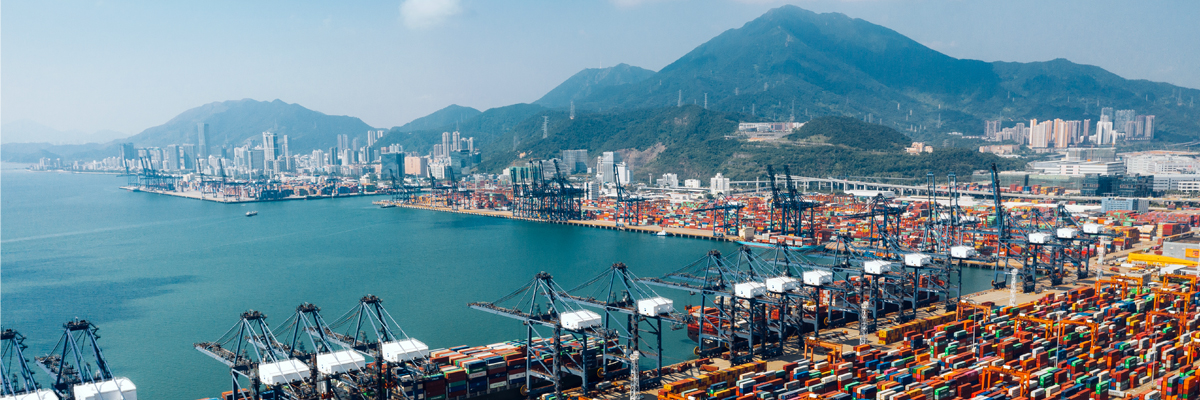Equities: Strange days in emerging markets
MICHAEL REYNAL 05-Aug-2021

These are strange days at almost every level, so why should emerging markets be any different? Sure, global equities continued advancing this year, and emerging markets equities participated with a 7.5% gain in the first half of 2021. But all is not right in emerging markets, which ran into stiff headwinds in July. After a few steep selloffs, Chinese stocks are now down more than 11% for the year, as of the end of July, and this has washed away the annual gains in the MSCI EM Index.
What's going on? Certainly a stronger U.S. dollar and a resurgence of COVID-19 cases have diminished investors’ appetite for risk assets. Now, however, the bigger issue has become a fear of a heightened regulatory campaign In China.
China’s core goal of regulating their large tech companies has been evident for some time. Antitrust regulations are intended to maintain orderly competition, data protection, fair pricing and better employee benefits, rather than explicitly breaking up the tech giants or capping their market share. Some of the regulations (such as the ban of forcing merchants to choose just one platform) are even welcomed by smaller players as they promote fair competition.
But these regulations could also impact the longer-term profitability of leading Internet/tech companies due to more competition and higher labor costs. Another key item is the issue of information. Beijing is not simply worried about consumer privacy, or anti-competitive behavior, but also at gathering and keeping data on its citizens. Similarly, China is concerned that the U.S. will try to capture data on Chinese citizens through regulation in America. We’re watching as this power struggle unfolds.
As actions against the tech companies continue to be implemented, other regulations are now being introduced to address other broad economic challenges, including: 1) the high cost of education 2) high health care costs 2) and runaway property prices. If successful and done in a thoughtful manner, China and its citizens may embark into a better and more sustainable outlook. But there will be bumps along the way, as evidenced in late July.
Although the tech and property sectors were previously the focus of regulators, more recently the private education sector has come into the crosshairs. After months of rumors, the Chinese State Council published a new regulatory framework that was stricter than expected and converts academic tutoring institutions into non-profit organizations. The extreme measures announced in July not only rocked markets, but also suggest education regulation is a priority and will likely continue.
How far will Chinese authorities extend their new and more aggressive regulatory reach? Will other industries be next? No one knows for sure, but it’s good to keep perspective and remember that the crackdown on large tech firms, for example, is not a Chinese issue alone, but rather part of a broader global debate (think of Google’s battles in Europe over privacy or Amazon’s struggles with Washington).
That said, we remain cautious on China equities in the near term as the heightened regulatory pressure is negatively impacting investor sentiment. That may continue through the end of the summer. As a result, Sophus Capital continues to be underweight China. However, make no mistake that we believe in the thesis for investing in emerging markets and in China longer-term, despite some of these self-inflicted (and perhaps clumsy) regulatory initiatives. We aim to stay the course and invest opportunistically.

